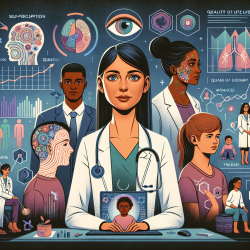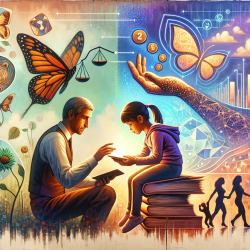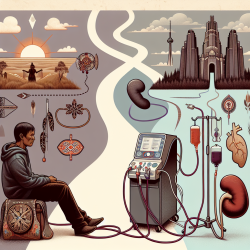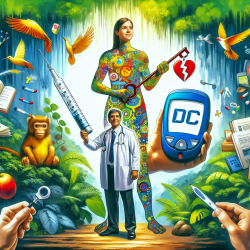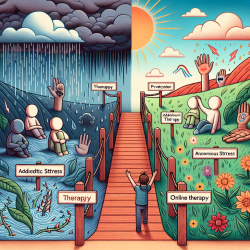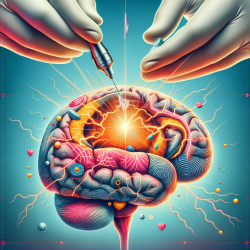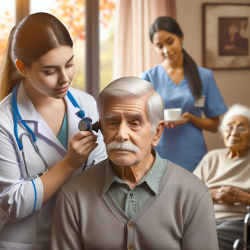As a speech-language pathologist deeply committed to making data-driven decisions, it's essential to continuously update our knowledge and integrate new research findings into our practice. One such critical area of study is the psychosocial implications of rare genetic skin diseases (RGSD) affecting appearance, as these conditions can significantly impact the daily life experiences, emotional state, self-perception, and quality of life (QoL) of patients. A recent systematic review titled "Psychosocial implications of rare genetic skin diseases affecting appearance on daily life experiences, emotional state, self-perception and quality of life in adults: a systematic review" offers valuable insights that can enhance our practice and outcomes for children.The systematic review analyzed the psychosocial effects of RGSDs such as albinism, neurofibromatosis type 1 (NF1), birthmarks, and inherited ichthyosis. Here are key takeaways from the research and how they can be applied in a clinical setting:
1. Understanding the Impact on Quality of Life
The review highlights that RGSDs significantly impact QoL, particularly through:
- Social Stigma and Discrimination: Patients often face social rejection, bullying, and discrimination, which can lead to emotional distress and social withdrawal.
- Emotional and Psychological Challenges: Many patients experience anxiety, depression, and low self-esteem due to their visible differences.
- Family Dynamics: The guilt of genetic transmission and the need for social support from family and friends are crucial factors in the patient's well-being.
2. Integrating Psychosocial Support in Therapy
To address these challenges, practitioners should:
- Provide Comprehensive Support: Offer holistic care that includes psychological support and counseling to help patients cope with emotional and social challenges.
- Foster Family Involvement: Engage family members in therapy sessions to build a supportive environment and address any familial guilt or stress.
- Promote Social Skills Training: Equip patients with strategies to handle social interactions and reduce the impact of stigma and discrimination.
3. Encouraging Further Research and Collaboration
While the review provides substantial insights, there is a need for further research to:
- Explore Longitudinal Effects: Conduct long-term studies to understand how RGSDs impact patients across different life stages.
- Develop Intervention Strategies: Create and test intervention programs tailored to the unique needs of RGSD patients.
- Enhance Multidisciplinary Collaboration: Work with geneticists, dermatologists, and psychologists to offer comprehensive care.
In conclusion, by integrating the findings from this systematic review into our practice, we can better support children with RGSDs and their families, ultimately improving their quality of life and emotional well-being. To read the original research paper, please follow this link:
Psychosocial implications of rare genetic skin diseases affecting appearance on daily life experiences, emotional state, self-perception and quality of life in adults: a systematic review.
